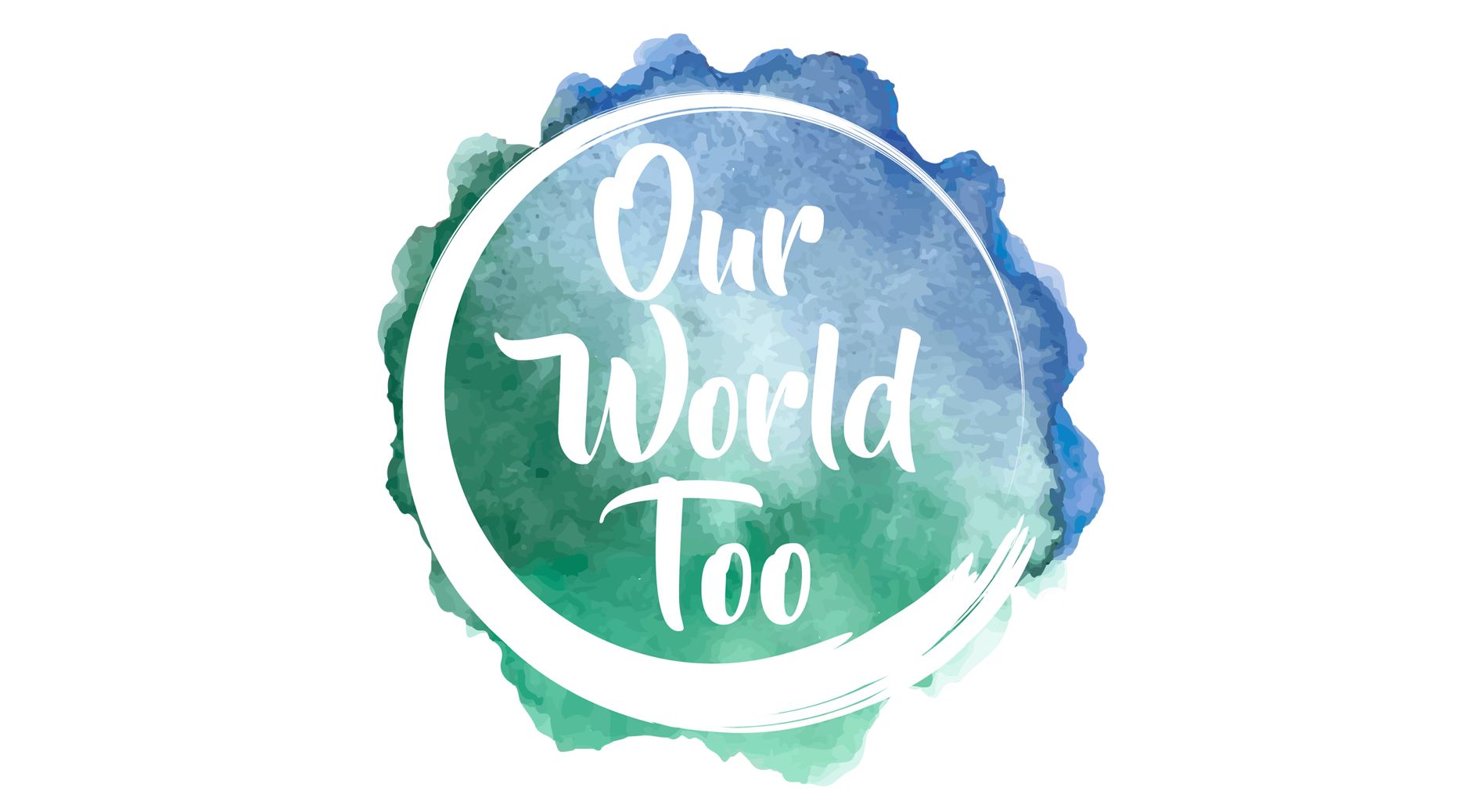Ireland, Direct Provision and the rights of refugees and asylum seekers
Direct Provision (DP) is the current protection system for refugees and asylum seekers arriving in the Republic of Ireland. DP consists of accommodation, money and medical services that are available for displaced people when they arrive in the Republic of Ireland whilst they are waiting for their international protection application to be assessed.
The system was first introduced in 2000 on the basis that it will be used for short-term measures. This however has not been the case. InfoMigrants report that the average length of time spent in the DP system is 24 months, with some people having to live in supposedly temporary accommodations for more than 10 years. This statement alone signifies the need for change and the urgency with which the current DP system must be addressed.
“At the minute, DP is a very deliberate and exploitative system, prying on some of the most vulnerable in Irish society.”
In addition, there are numerous other issues within the DP system which must be changed to facilitate the creation of a more humane and efficient asylum system. To highlight these issues, we spoke to Abdulai Mansaray, a law student and human rights activist from Sierra Leone who has lived experience of the DP system, to better understand the failures of the current system and humanise the experience of those currently within the system.
One of the major issues with the system is the profit-based model that DP is currently utilising. Many of the centres are managed by private contractors on a for-profit basis.Abdulai highlighted the need to consider using a charity-run model that supports better inclusion, diversity, and integration. He explained that “at the minute, DP is a very deliberate and exploitative system, prying on some of the most vulnerable in Irish society.” Furthermore, this power dynamic becomes a serious issue when people are forced to keep quiet, to ensure that Irish citizens remain unaware of the atrocities that are occurring on their doorsteps. Many people are forced to remain silent out of fear that their residency applications will be denied if they try to speak openly about their treatment within the DP system.
Until 2018, asylum seekers had no right to work in Ireland, which differs greatly from other EU member states. Although the regulations have changed slightly surrounding this, many people in DP still do not have the right to access employment. Abdulai highlighted the lack of autonomy in the DP centres and the shame of many parents unable to provide for their children.
In June 2022, the number of children was around 2,800, with many facing difficulties accessing education. He also emphasised the lack of food autonomy, an issue that has been widely raised by people living in DP. Although residents are supposed to be provided with three meals per day, it is often food that is pre-prepared. This further reduces the independence of asylum seekers to prepare traditional meals for themselves and their children, an often-vital part of their identity. Abdulai reiterated the issues of food poverty and how this further added to the hardships and frustrations faced by many of the parents.
Privacy and overcrowded living conditions are other issues Abdulai emphasised, explaining that families are often made to share single rooms. Single adults can be made to share with up to eight people of different backgrounds and nationalities. The current living conditions vary widely amongst DP centres with some being accused of not meeting basic health and safety standards. This institutionalised type of accommodation to house vulnerable human beings is totally unacceptable and only increases the mental health impact on residents.
Asylum seekers are 5 times more likely to suffer from mental health and psychiatric conditions. These rates are likely to be higher when the further stress of being part of the DP system is added to potential pre-existing trauma from past events. Therefore, it is even more critical that the treatment they receive when first entering Ireland takes this into consideration and that additional support is provided.
Abdulai concluded that currently there is a lack of political will and despite claims that DP will be ended in 2024, this is no longer attainable. He emphasised that the only solution to DP is to abolish the current system. In its place, a system centred on human rights should be established which will take into consideration the hardships and trauma that displaced people have experienced to seek safety and protection.
Abdulai Mansaray is a Community Link Worker for an organisation called YPAR (Young People at Risk). It is an interagency initiative in Dublin that works to support, facilitate, and implement an integrated approach to meeting the needs of young people at risk and their families. Presently, Mansaray supports Ukrainian and International Protection Applicants- families, children, and young people within the North Inner-City Dublin.
If you would like to follow Abdulai, he can be found on Instagram and LinkedIn.
